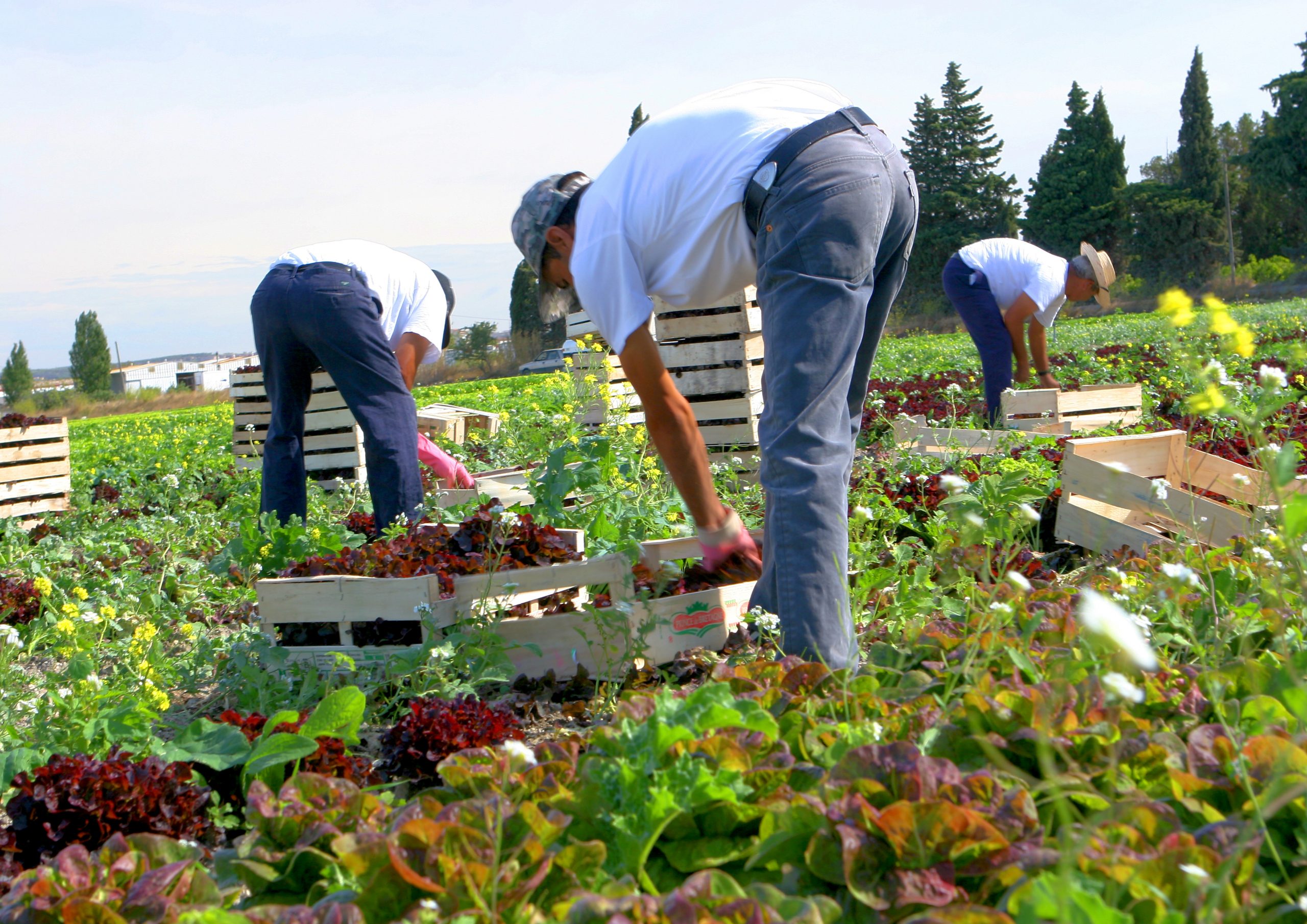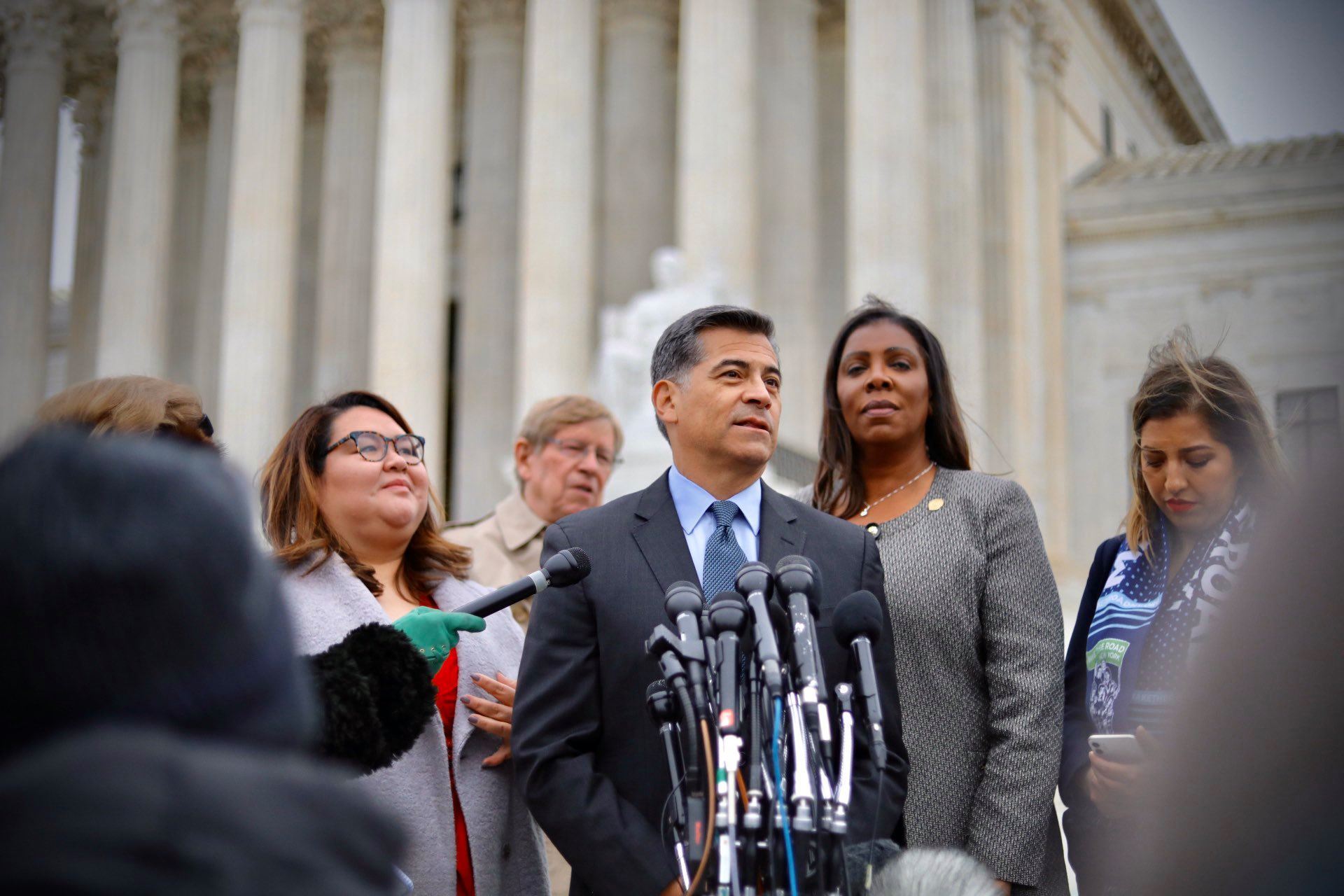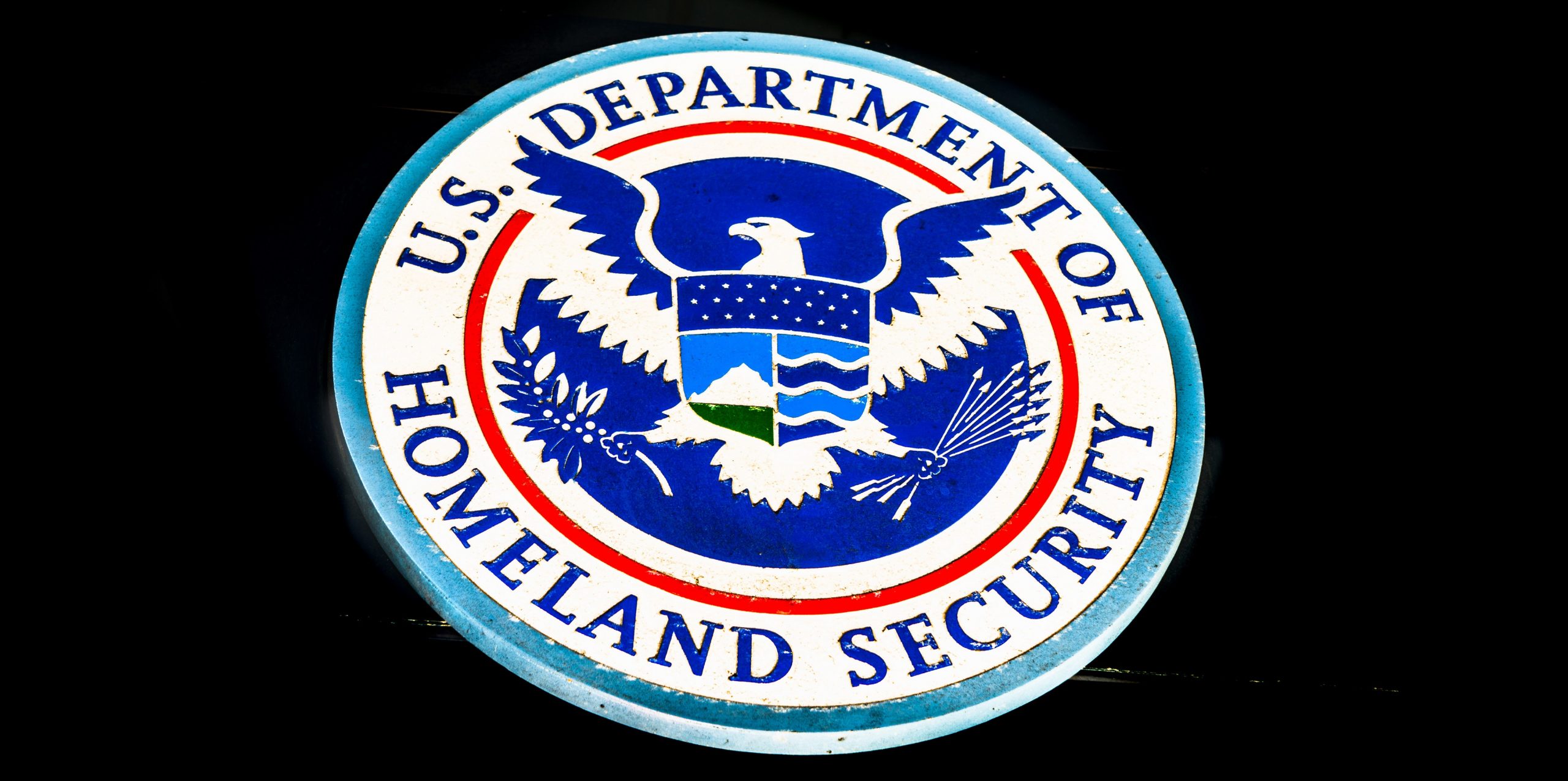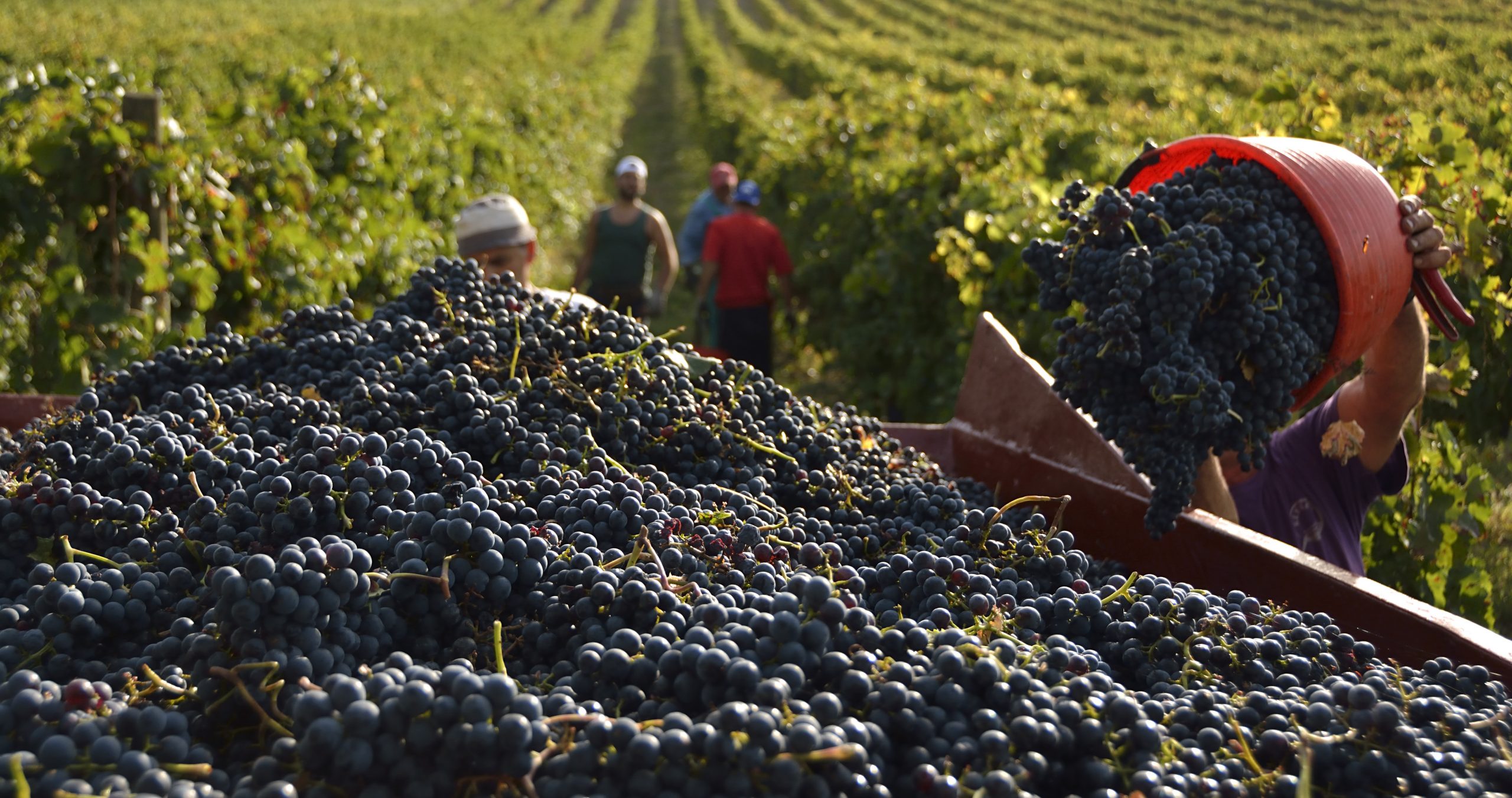U.S. President-Elect, Joe Biden Nominates Tom Vilsack for Secretary of the Department of Agriculture
(WASHINGTON, D.C.) – Farmworker Justice supports the President-elect’s nomination of former governor of Iowa, Tom Vilsack for the next Secretary of Agriculture. Vilsack is the former U.S. Secretary of Agriculture who served under President Obama’s administration. Farmworker Justice worked with Tom Vilsack during his time in the previous administration. He was the first Secretary of … Read more U.S. President-Elect, Joe Biden Nominates Tom Vilsack for Secretary of the Department of Agriculture








